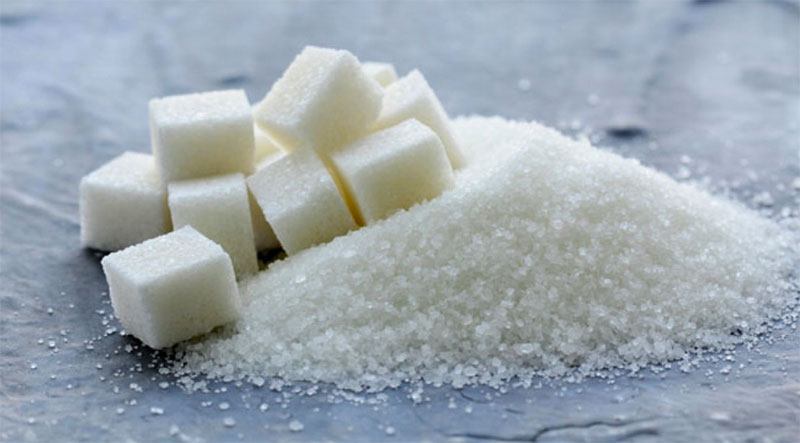With the holiday season in full swing, many of us probably haven’t been making the best dietary decisions. Between holiday parties, family gatherings and such we are eating more sweets than usual.
But the excess intake of sugar from cakes and other treats could have an impact on your health. Carbohydrates provide your body with energy that is required to carry bodily functions and physical activity. However, not all carbohydrates sources are equally nutritious. Carbohydrates are classified as simple or complex. This classification depends on the chemical structure of the food, and how quickly the sugar in the food is digested and absorbed. Simple carbohydrates have one or two sugars. Complex carbohydrates have three or more sugars.
Refined sugars provide calories, but they lack vitamins, minerals, and fiber. Such simple sugars are often called “empty calories” and can lead to weight gain. Also, many processed and refined foods, such as white flour, sugar, and white rice, lack B vitamins and other important nutrients unless they are marked “enriched.” It is healthiest to eat carbohydrates, vitamins, and other nutrients in the most natural form possible for example, from fruit instead of table sugar.
Eating too many carbohydrates can lead to an increase in total calories, which can lead to obesity. Not eating enough carbohydrates can cause a lack of calories (malnutrition), or lead to an excessive intake of fats to make up for the calories not eaten as carbohydrates.
Here are some of the effects that consuming too much sugar has on your health:
It overloads and damages your liver. The two main components of sugar are glucose and fructose, and most cells in the body are capable of breaking down glucose to use for energy, but fructose is a much different story. The cells of the liver are virtually the only ones in the body capable of breaking down fructose, and when there is too much of it present, fructose gets stored as fat. These fat droplets build up in the liver cells, and lead to a disease known as non-alcoholic fatty liver disease, which prior to about 1980 was unheard of, but which now afflicts about 30% of adults in the developed countries of the world.
The damage from excess fructose is not limited to the liver however. The New England Journal of Medicine described in a 2010 article how people with non-alcoholic fatty liver disease are likely to also have buildups of cholesterol-filled plaque coursing through their arteries. Of course when this situation occurs, high blood pressure becomes a typical side-effect, and coronary disease becomes a much likelier possibility. Heart function is also negatively impacted by the elevated levels of triglycerides and the increase in free radicals commonly partnered with excess sugar levels.
It tricks your body into gaining weight and affects your insulin and leptin signaling.
The pancreas is a gland that specializes in digestive functions and in regulating the amount of nutrients entering the bloodstream, one of which is glucose from sugar. The pancreas also produces insulin, which controls the level of glucose in the bloodstream, so if the pancreas becomes overwhelmed by the intake of excess sugars, it’s not hard to understand why its normal functionality could be disturbed. In some cases, excess sugar intake can lead to a complete cessation of insulin production (which results in Type I Diabetes), while in other cases the body loses its ability to use the insulin produced, and it just builds up in the bloodstream (which can lead to Type II Diabetes).
Fructose fools your metabolism by turning off your body’s appetite-control system. It fails to stimulate insulin, which in turn fails to suppress ghrelin, or “the hunger hormone,” which then fails to stimulate leptin or “the satiety hormone.” This causes you to eat more and develop insulin resistance.
It causes metabolic dysfunction.
Eating too much sugar causes a barrage of symptoms known as classic metabolic syndrome. These include weight gain, abdominal obesity, decreased HDL and increased LDL, elevated blood sugar, elevated triglycerides, and high blood pressure.
Conclusions
While scientists and researchers stop short of saying that excess sugar intake actually causes disease in the pancreas, liver, and heart, the total body of evidence overwhelmingly links the two. At some point, it seems likely that the actual triggers and mechanisms in the body which cause disease resulting from too much sugar will be fully identified – however, that confirmation is now almost a rubber-stamp confirmation of what is already widely understood to be the truth.


